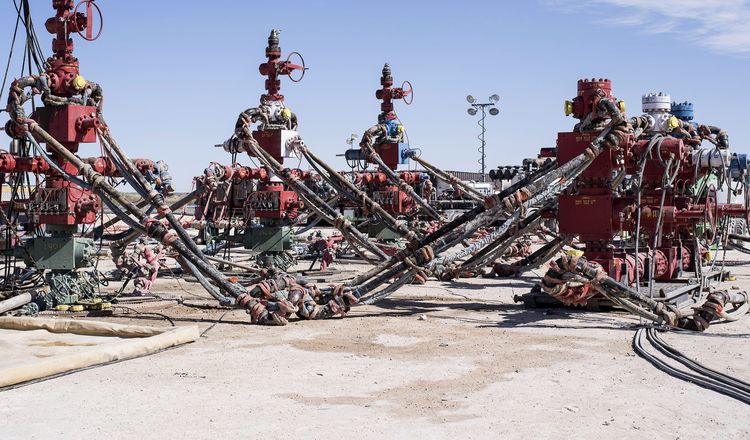
A lack of specialist waste treatment facilities could limit the development of fracking in the UK, say researchers from the University of Edinburgh.
Safe treatment and disposal of the waste water arising from fracking, they say could cost more than £1 million over the lifetime of each well.
Scientists studied waste waters from wells in the US to better understand the volume that would be generated by a UK shale gas industry.
They reviewed the methods used to treat waste from the fracking process, in which gas is extracted from shale rock by injecting water and sand at high pressure.
Megan O’Donnell, a PhD candidate at the university’s School of GeoSciences, said: “Treating wastewater could require a large outlay of the expected revenue from each well, affecting industry profitability.
“The UK’s capacity to treat the radioactive material in waste water is currently limited, which could pose serious waste management issues if the shale gas industry expands at a faster rate than the increase in treatment facilities.”
Although the chemical make-up of UK waste water is not well known, it can be several times saltier than seawater and contains naturally occurring radioactive material.
Scientists found treating the salinity and other chemicals in waste water at existing facilities could cost between £100,000 and £1 million per well under current treatment regulations.
This would require between 2% and 26% of the expected total revenue from each well, researchers say.
More than £160,000 per well could also be needed to treat and dispose of the naturally occurring radioactive material present in wastewater, the team says.
The research, published in Environmental Science: Water Research and Technology, was supported by the European Union’s Horizon 2020 funding programme.
Dr Stuart Gilfillan, of the university’s School of GeoSciences, who co-ordinated the study, said: “We suggest that industry, wastewater treatment plant operators and UK regulatory bodies work together to produce a coherent strategy for managing wastewater.
“This would serve to assure the public of its safety and prepare for the expansion of treatment capacity required should a shale gas industry develop in the UK.”
